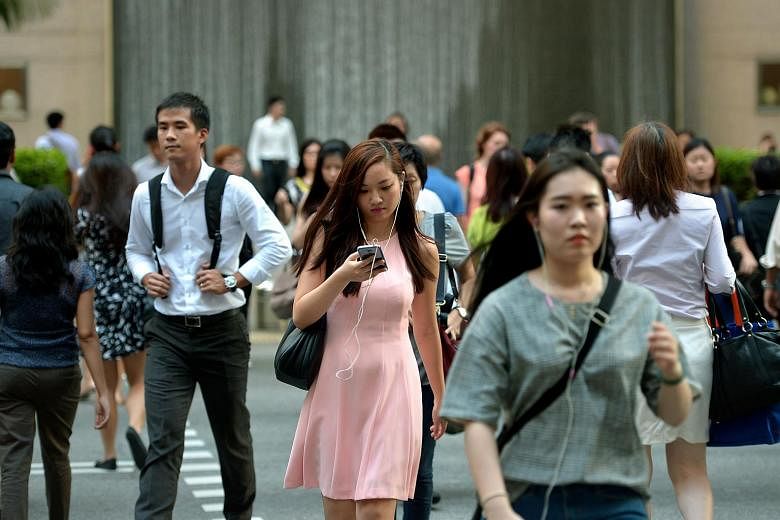Mr Francis Cheng feels that conspicuous consumption breeds resentment among the masses ("What rich Singaporeans should do"; Dec 14), while Mr Sim Lim Onn says the rich fuel the economy ("The rich help keep economy alive"; last Wednesday).
Both views stem from the problem of social inequality. An equitable economy would help eliminate resentment of the wealthy and promote greater economic growth.
By saying the rich are the drivers of the economy, Mr Sim is espousing the notion of "trickle-down economics". This would suggest that the spending of the rich would inject funds into the economy and the benefits would trickle down to the poor.
Economists, however, have shown that lower-income individuals have a higher marginal propensity to consume (likelihood of spending) than the wealthy.
This is because poorer individuals live in a state of comparative deprivation, in contrast to the abundance enjoyed by wealthier people. The poor are thus more likely to spend to rectify this lack, compared with the wealthy, who are more likely to take their money out of circulation by way of savings or investing in things like bonds.
According to Keynesian principles, economic growth is fuelled by a multiplier effect driven by higher aggregate demand in the economy. The poor are more likely to increase aggregate demand due to their greater willingness to spend, thus triggering a stronger multiplier effect that will result in stronger growth.
Though there is no doubt conspicuous consumption of the wealthy helps improve the economy, it is the low-income who are the true drivers of the economy.
Therefore, there is a need to promote social equity such that the poor are able to have a greater share of the wealth.
Also, greater economic equity will also help allay concerns of resentment of the wealthy.
The legitimacy of inequality within a capitalist economy is based on the assumption that wealth and success are attainable even by the poorest in society.
A loss of faith in meritocracy may therefore cause resentment of the wealthy, since less wealthy individuals believe that such success is unattainable by them.
By allowing for greater wealth redistribution, the less well-off are empowered to compete with their wealthier counterparts.
Such an increase in income would enable them to better equip themselves to become more competitive, whether it is by upgrading themselves through better education or even providing better nutrition or enrichment programmes for their children.
The Government has taken encouraging steps in promoting economic equity.
Our society is, however, still an unequal one, with a relatively high Gini coefficient after taxes and transfers - the figure was 0.412 last year.
Singapore must continue to reduce economic inequality in order to promote stronger growth and social cohesion.
Ng Qi Siang

